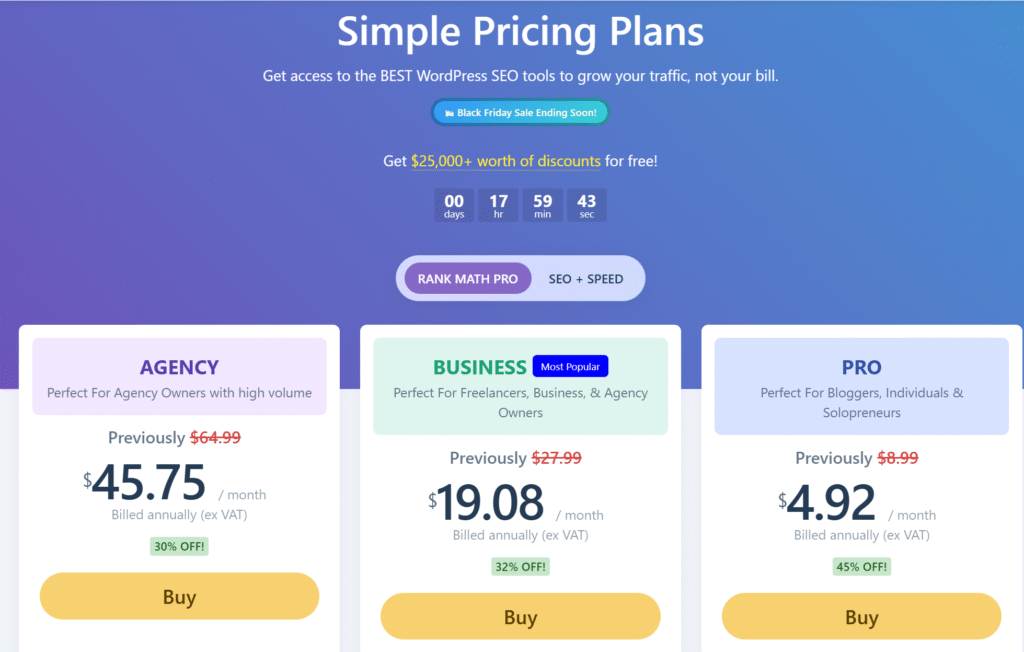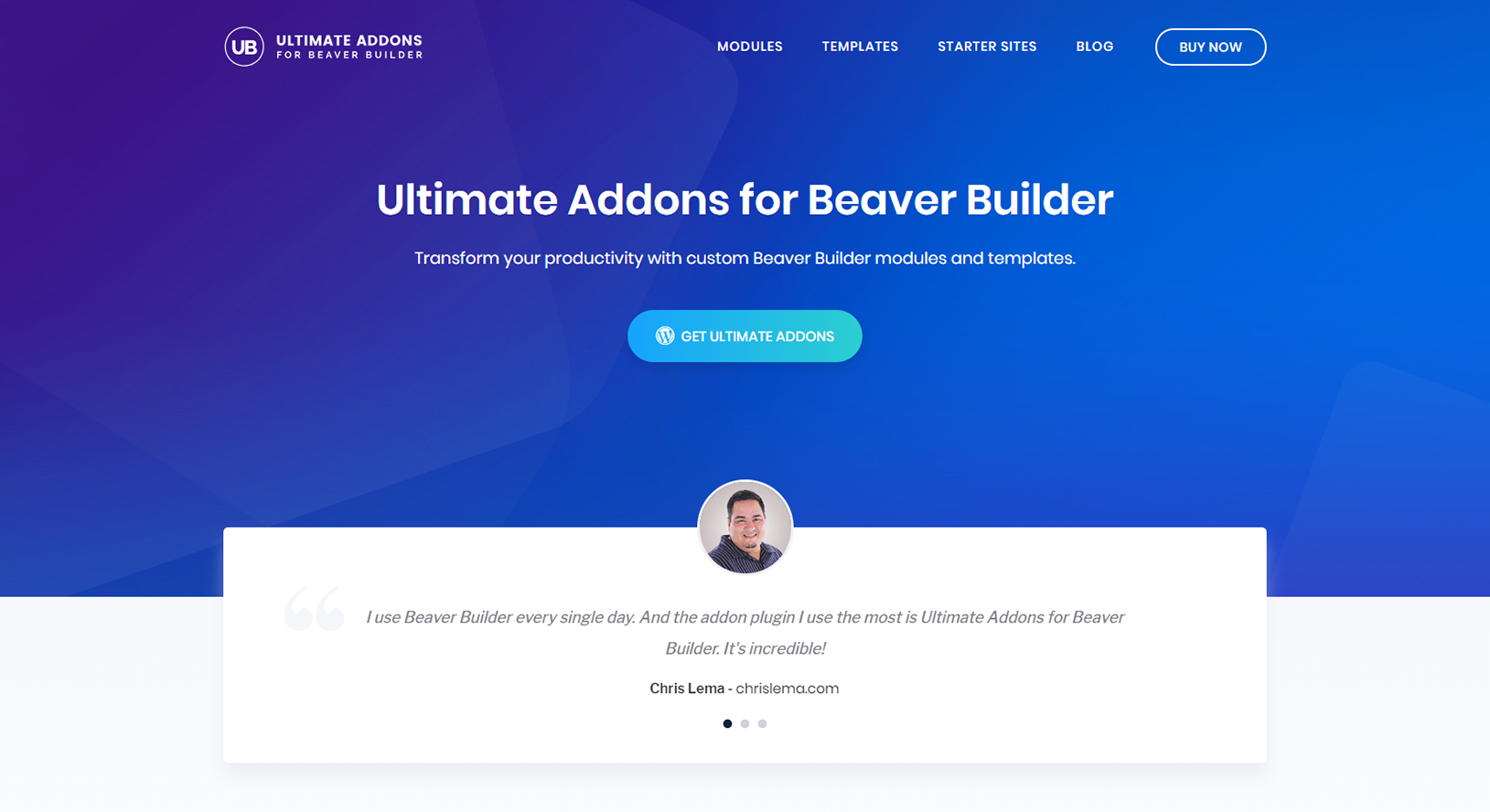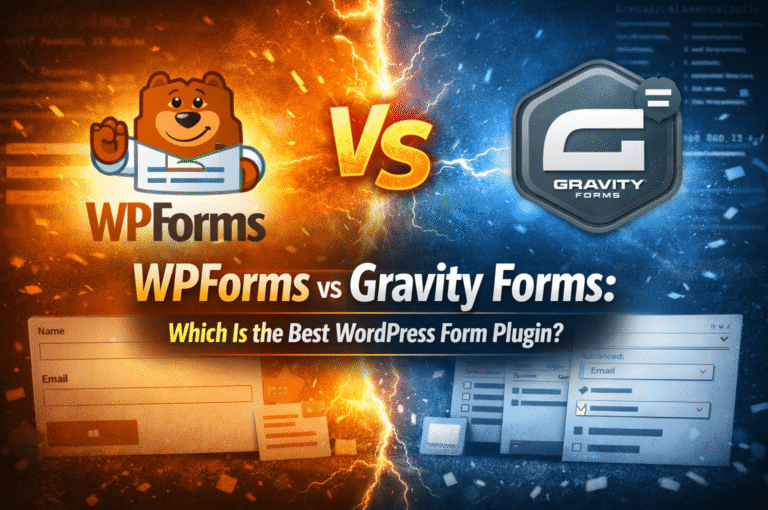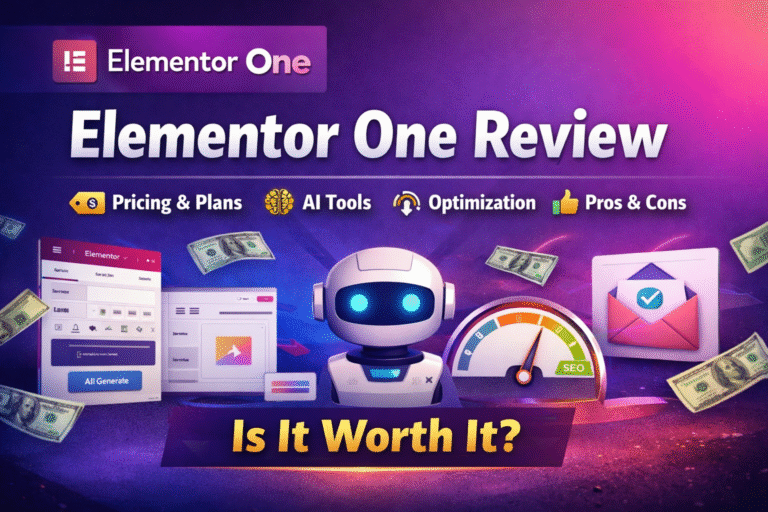Elementor is a well-known WordPress page builder because it is simple to use and highly customizable. Unfortunately, the contact form widget provided by Elementor by default is limited on its own, with many advanced features missing that are used by many businesses. This is what contact form extensions fill – they add to the functionality of Elementor, allowing for better control, customization, and integration.
In this blog, we will focus on the best contact form add-ons for Elementor and review their features, pros, and cons to help you choose any of them for your site.
Why Use a Contact Form Add-on with Elementor?
The built-in form widget in Elementor works well, but it has a few drawbacks, too. A good contact form add-on gives you more options to perform tasks such as:
- Build more complex and feature-rich forms, including custom fields and multi-step forms.
- Carry out integration with famous email service providers.
- Enhance spam defense using reCAPTCHA or honeypot techniques. Many people use Google reCAPTCHA and the contact form for security reasons.
- Provide users with a scope for payment integration for e-commerce purposes or donation purposes.
- Through the use of an add-on, you improve the capability of your website to engage visitors and capture leads, along with a smooth interaction experience.
Criteria for Choosing the Best Contact Form Add-ons
While looking for the best contact form plugin for Elementor, remember to assess these:
Ease of Use: Does the system have tough learning curves? If you are a beginner, you may face issues using complex contact form add-ons.
Integration Capabilities: Can the form be integrated with any email marketing services or CRM solutions?
Spam Protection: Is this tool equipped with spam measures, including reCAPTCHA? Security should be the first priority.
Customization Options: How flexible to design are the forms? Can other fields, conditional logic, or multi-step features be incorporated? Many contact form add-ons provide the feature of customizing it according to your own requirements.
Pricing: Is the plugin free, freemium, or charged? Is it of any value for your site in terms of cost? You can choose the add-on according to your budget.
Support & Documentation: Is there support or tutorials in the appropriate quantity?
Let us turn our attention now to the best contact form add-on add-ons for Elementor, with the main emphasis on helpful features as well as pros and cons.
Top Contact Form Add-onsAdd-ons for Elementor
1. WPForms

WP Forms is among the most downloaded plugins for adding a contact form on a WordPress website. A drag-and-drop interface is included, which makes it easy for beginners to use, particularly for those who want to create forms instantly and do not have coding skills.
Key Features:
- Drag-and-drop builder for easy form creation.
- Pre-built form templates that save time and effort.
- Integrates with popular email marketing services.
- Built-in spam protection using reCAPTCHA and honeypot methods.
- Conditional logic to display or hide form fields based on user input.
Pros:
- Perfect for beginners and small businesses.
- Strong anti-spam protection features.
- Integrates well with third-party tools.
Cons:
- The free version has limited features compared to premium plans.
2. Formidable Forms
If you want a more robust and advanced form builder, then Formidable Forms provides a great base that allows its users to develop advanced forms. This is ideal for businesses that rely on data-oriented forms.
Key Features:
- Enhanced features for form fields, which include calculations, file uploading and field hiding.
- Use of conditional logic and multipage forms for improved customer experience.
- Allows connection to payment processes such as PayPal and Stripe.
- Visual form styler for customizing the forms to fit the design of the site.
- Has the ability to produce reports and present the forms of information in graphs and charts.
Pros:
- Best suited for making rich forms characterized by data details.
- Flexible and has much room for developers’ changes.
- Very good for designing forms that require the user to perform calculations or input data.
Cons:
- The learning curve can be steep for beginners.
3. Ninja Forms
Ninja Forms is a versatile form builder that comes with a drag-and-drop concept form design. It is largely appreciated for its many add-on add-ons that greatly increase its capabilities.
Key Features:
- Drag and drop form builder makes it easier to use.
- Conditional logic supports dynamic forms.
- PayPal and Stripe integration to process payments.
- A large number of add-ons add-ons with additional functionalities such as email marketing, CRM, and file upload.
Pros:
- The free edition provides lots of utilities and is very viable.
- Catering for a wide spectrum with many components available.
Cons:
- Add-ons can be costly, making it more expensive than other form builders if you need multiple premium features.
4. HappyForms
If you are looking for a simple solution that requires no prior experience to use, then look no further than HappyForms. This is great for creating basic contact forms, as there are no fillers, which many advanced plugins tend to have.
Key Features:
- Easy-to-use interface, ideal for beginners.
- Includes spam protection without additional plugins.
- Supports multi-step forms to improve user engagement.
- Built-in GDPR compliance options.
Pros:
- The free version offers solid features.
- Simple, no-frills approach to form building.
Cons:
- It is not as customizable as other premium options.
5. Caldera Forms
Although Caldera Forms has been retired, it was a great go-to form builder for many developers as it was packed with pleasing-to-the-developer functionalities. Thus, as it no longer has any more technical backers, you might want to look for third-party options or do so with unease.
Key Features:
- Supports conditional logic and multi-step forms.
- Advanced fields like file uploads and hidden fields.
- Drag-and-drop form builder with responsive designs.
Pros:
- Feature-rich even in the free version.
- Highly customizable for developers.
Cons:
- It has yet to be officially supported, making it risky to use for future updates.
6. Elementor Pro-Forms
If you’re already using Elementor Pro, you can take advantage of its built-in Form Widget. While it may not be as feature-rich as other add-ons, it’s seamlessly integrated with Elementor’s ecosystem.
Key Features:
- Native integration with the Elementor page builder.
- Built-in reCAPTCHA and spam protection.
- Supports email marketing integrations like MailChimp and ConvertKit.
- Full customization of form fields and styles within Elementor.
Pros:
- No need for additional plugins if you already use Elementor Pro.
- Fully customizable and works smoothly within the Elementor interface.
Cons:
- Lacks some advanced features found in dedicated form plugins.
7. Gravity Forms

Gravity Forms is a very robust form-building plugin that is famous among almost all developers and agencies due to its features and numerous integrations. It is a paid option, but it’s worth a shot for users looking for advanced custom-form requirements and development.
Key Features:
- A wide range of third-party additions with the likes of PayPal, Stripe, and CMR ranking among them.
- Advanced form fields such as quizzes, surveys, and file uploads are supported.
- Smart Dynamic Forms with Conditional Logic
- Excellent spam prevention measures with efficient tools already built.
- Create multipage forms, user registration forms, and payment forms.
Pros:
- Highly flexible and scale-able, ideal for complex forms or large businesses.
- Best suited for developers and agencies in need of detailed development.
- Great integration approaches.
Cons:
- No free version; only the premium is offered.
- Simple form requirements may be too expensive.
Which Contact Form Add-on is Best for You?
Here is a decision-making process:
- If you are a beginner and require a simple interface, then WPForms is the most suitable option.
- If you want to create more advanced forms containing conditional logic, calculations, etc., the right solution is Formidable Forms or Gravity Forms.
- When it comes to the ability to customize and integrate, Gravity Forms is the best option, though a premium one for most businesses.
- If you need basic forms, then those would be HappyForms or Elementor Pro-Forms, which are free.
Conclusion
Choosing an appropriate contact form extension for Elementor is important in ensuring a smooth interface and successful lead capture. The reviewed options provide a simple solution as well as a more comprehensive platform for every application. Many good contact form plugins are available for Elementor. You can choose any contact form, considering your requirements and preferences.











